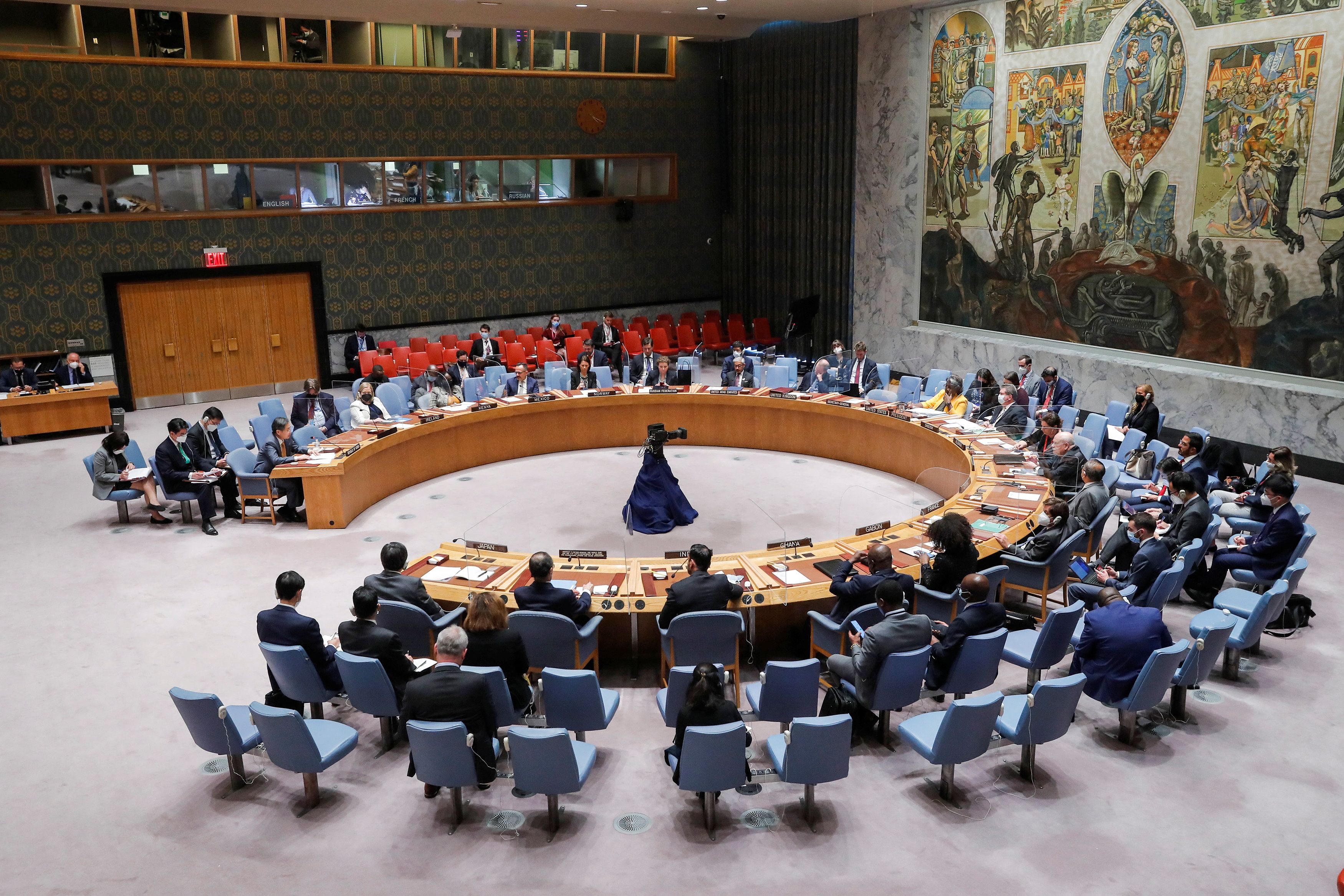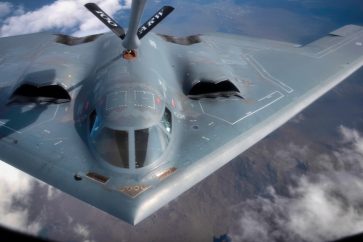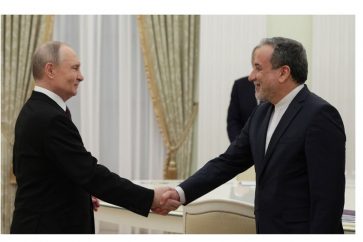China and Russia have voiced opposition to further sanctions by the United Nations Security Council (UNSC) against North Korea over its missile tests, as the United States urges the council to impose such measures on Pyongyang.
North Korea, which has been under rounds of crushing UN sanctions since 2006 over its nuclear and ballistic missile programs, has ramped up its missile launches this year, conducting 15 weapons tests, including of an intercontinental ballistic missile (IBM) at full range for the first time since 2017.
Despite UN claims that the imposed sanctions would not affect the delivery of desperately-needed humanitarian aid to North Korea, relief organizations say that strict trade and banking measures have hindered the flow of such vital supplies.
On Wednesday, US Ambassador to the UN Linda Thomas-Greenfield urged the UNSC to “start taking action.” Washington is urging the 15-member council to vote in May on a US-drafted resolution to further impose sanctions on Pyongyang.
Veto-wielding China and Russia are opposed to further sanctions on the North and emphasize dialog as the only possible way to defuse tensions on the Korean Peninsula.
However, Thomas-Greenfield, whose country has spearheaded UN sanctions and has imposed several rounds of its own against North, called out the “two council members” for their opposition to further measures against Pyongyang.
Meanwhile, China’s UN Ambassador Zhang Jun stressed at the session that the US-drafted resolution was “not an appropriate way to address the current situation.”
“Regrettably, the US has turned a blind eye to reasonable proposals of China and other relevant council members, and remains enamored superstitiously of the magical power of sanctions,” he told the UNSC.
Russia’s Deputy UN Ambassador Anna Evstigneeva said a resolution drafted by Russia and China to ease North Korean sanctions “remains on the table” and “could encourage parties to step up the negotiation efforts.”
Late last year, China and Russia pushed the council to remove certain sanctions on the North in recognition of steps Pyongyang had up to that time taken to denuclearize and to encourage further negotiations.
Former US President Donald Trump attempted to court Pyongyang. But even though he met with North Korean leader Kim Jong-un three times, he refused to relieve any of the sanctions in return for the several steps taken by Pyongyang toward denuclearization. That hampered further diplomacy between Pyongyang and Washington and prompted Kim to announce an end to a moratorium on the country’s missile tests.
Source: Agencies (edited by Al-Manar English Website)




